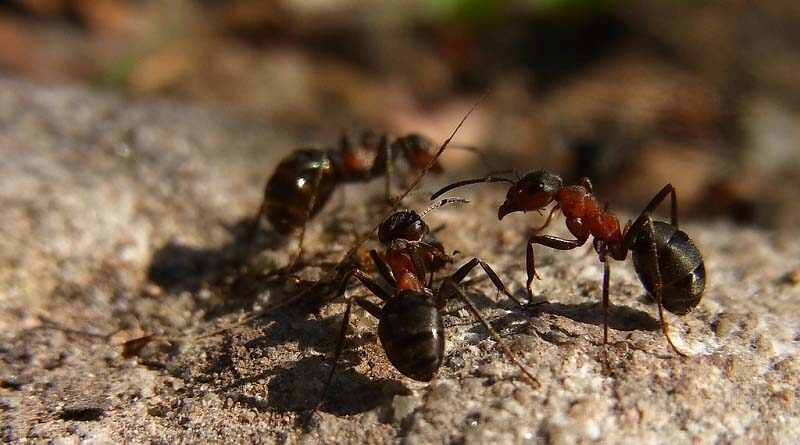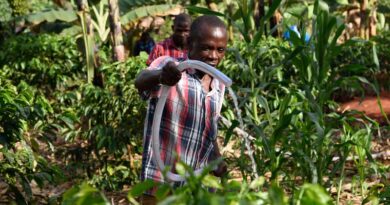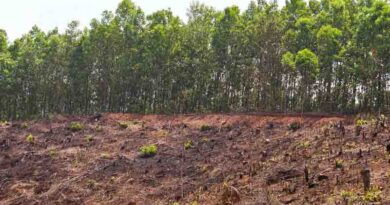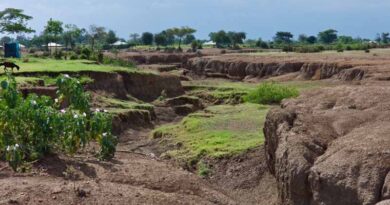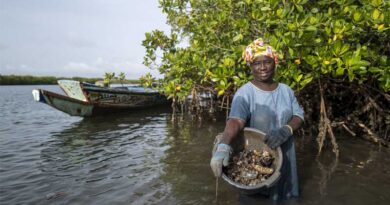Study of ants suggests a need for better biodiversity conservation across agricultural land in the tropics
02 February 2022, US: A new study, led by CABI scientist Dr Elizabeth Finch, is the first to investigate the impacts of swidden agriculture on ant communities across the full degradation gradient, highlighting the utmost importance of the conservation of existing closed canopy forests.
Swidden agriculture, known more commonly as slash and burn agriculture, is a widespread subsistence farming method in the tropics which is being intensified and expanded to meet the demands of a growing human population. In Madagascar, for example, fallow times have decreased from 8-15 years to 3-5 years over three decades, resulting in faster land degradation.
The research, conducted while Dr Finch was completing her PhD at the School of Biological Sciences, Queen’s University Belfast and now published in the journal Biological Conservation, reveals that degradation due to swidden agriculture leads to a reduction in native ant species diversity and an increase in introduced ant species diversity. There were also correlated community compositional changes in both native and introduced species.
Introduced ant species are often favoured in disturbed habitats and can reduce the diversity and distributions of native ant species. They, therefore, represent a confounding factor when looking at the effects of habitat degradation. The results of the study, however, found little statistical evidence that introduced ant species were negatively impacting native ant species. This suggests that the patterns in the native ant communities were driven solely by habitat degradation caused by swidden agriculture.
Dr Finch said, “Ants, in soil structuring, seed dispersal, decomposition, pollination and nutrient recycling, play important ecological roles in tropical ecosystems and as such, understanding how they are impacted by land use change is important for assessing sustainability.”
The scientists, including those from the Madagascar Biodiversity Centre, Bangor University, Wales, University College Dublin and the California Academy of Sciences, found that in general, predatory species were the most likely to be negatively affected by swidden, whilst omnivorous species were the most likely to benefit from this form of agriculture.
Dr Finch added, “We found that closed canopy forests had the highest ant species diversity and were compositionally unique. This underlines the importance of their conservation.
“However, we also found that the less degraded swidden habitats harboured unique and native ant species. We recommend that if these habitats are used sustainably, with long fallows to avoid the degradation spiral, these could still play an important role in biodiversity conservation in swidden landscapes across the tropics.
“We need to find a way to increase in crop yields to relieve pressure sufficiently so that longer, sustainable, fallows may be achieved. Swidden systems have demonstrated capacity to maintain and even enhance carbon stocks. REDD+, a United Nations-backed framework that aims to curb climate change by stopping deforestation, could, therefore, potentially bridge the economic gap that is critical to ensure the sustainable implementation of such measures.”

